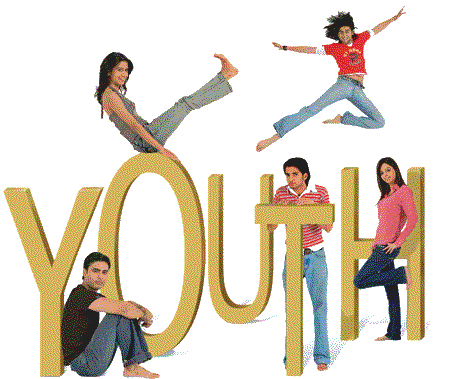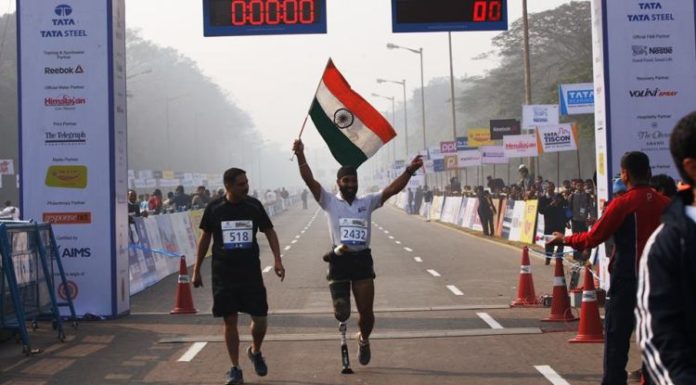It was just a few weeks ago when on April 12th, news of Bangladesh government ending the quota system in government jobs hit the television screens in India. The stunned Indian neighbour and its citizens watched in awe as Bangladeshi Prime Minister Sheikh Hasina gave in to the demands of the protesting students who had been opposing the controversial policy wherein jobs were being set aside for special groups, aka reservations!
The timing of the Bangladeshi ending reservations was perfect, lending much hope to the Indian denizens! For two days ago, on April 10th, it was the Indian citizens who had impromptu joined hands after calling for a Bharat Bandh in order to protest against the caste-based reservations. Of course, those were not the only similarities between us and our Bangladeshi neighbour. The other similarity lay in the violence that befell both nations and its hapless citizens.
For instance, in Dhaka, thousands of protesting students blockaded roads and brought the traffic to a standstill. In Chittagong too, the protesting students managed to block a railway track causing major disruptions. Thus, it was not surprising that the Prime Minister moved to scrap the quota system for government jobs altogether so that the students could go back and do what they were supposed to do: study! However, even while announcing her decision to scrap the quota system, the Bangladeshi Prime Minister did not mince words and expressed anguish at how the protests had exposed ordinary Bangladeshi citizens to worst sufferings, one which they didn’t deserve.
What she said, in fact, even rings true for India as its citizens too had to face undue hardships during the back-to-back Bharat Bandhs that occurred on April 2nd and then again on April 10th. Irrespective of their objective, which either supported or were against reservations, violence was the highlight of the day. As CBSE was forced to reschedule the Board examination in Punjab (barring Chandigarh), Section 144 was imposed in various parts of the country and even the great numbers of police and other forces were helpless in stopping the hordes of protestors as they brought the country and its economy to a grinding standstill.
However, an interesting thing happened post the two bandhs. Ordinary citizens finally asked why they had to bear the brunt of such bandhs?!? What was the logic behind violence? Was violence the only way to yield results, whether in support of or against reservations? Could the civil society not collectively pursue their goal?
After all, we are the nation that proved to the rest of the world that non-violence was as powerful, if not more, than actual violence. It was non-violence that brought the mighty British empire to the negotiation table, which ultimately won India its independence. Given the past success of non-violence within our own context; should we not, therefore, take recourse to non-violent non-cooperation movements to draw the government’s attention to our legitimate demands concerning affirmative action, which not ought to be based on one’s caste and creed but economic deprivation. How long can we as a nation keep the nation’s interest aside and fight over petty gains?!? The protestors who were busy inciting violence during Bandhs are perhaps the greatest traitors to this great nation.































